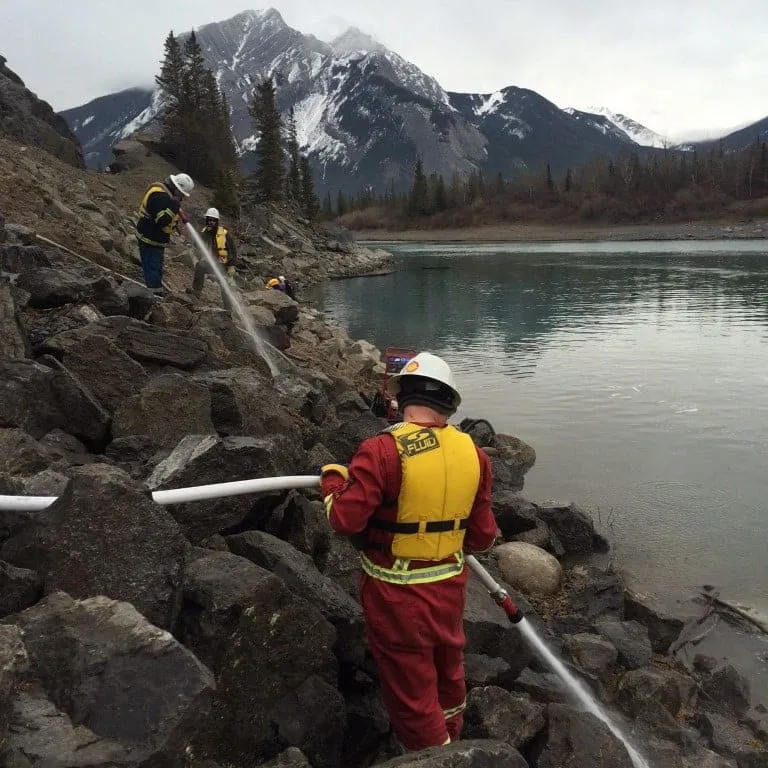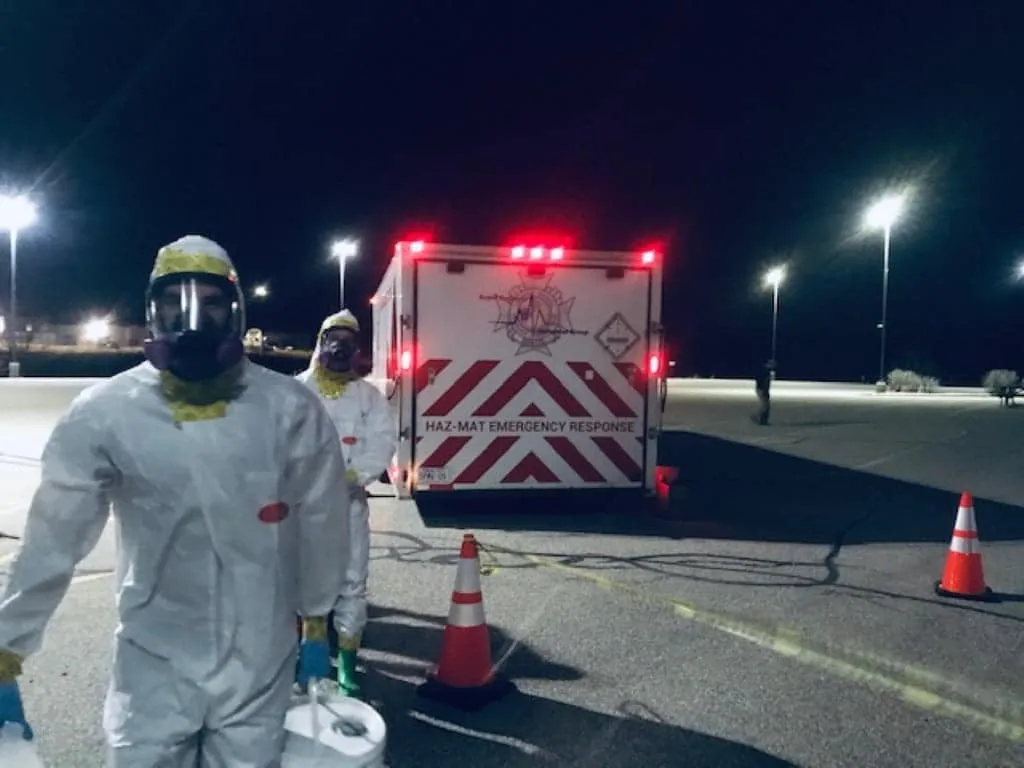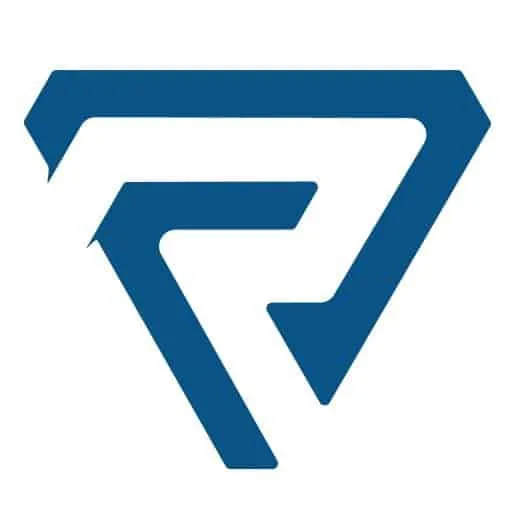| Residential Cleanup


Partner with Rapid Response Industrial Group and gain peace of mind knowing that professional, immediate, and reliable help is available whenever environmental emergencies arise. With our unique rapid-deployment model, expert ER teams, and committed follow-through, we set the industry standard for handling environmental spills of hazardous waste.
Contact us today to safeguard your operations, the community, and the environment.
Understanding Fentanyl and Recognizing Drug Labs
Identifying a Drug Lab
Detecting a drug lab involves recognizing several key indicators that often go unnoticed. These signs may include:
- Unusual amounts of white or colored powder on various surfaces such as walls, floors, and countertops.
- Residents wearing filtration masks, safety glasses, or other protective gear, sometimes under the pretext of “painting.”
- Tenants showing reluctance to allow landlords or inspectors into the property.
- Persistent chemical odors, often resembling a strong vinegar smell.
- Rent payments made exclusively in cash.
- Exhaust fans operating at unusual times to possibly vent hazardous fumes.
- Constantly drawn curtains and the installation of surveillance cameras, suggesting privacy concerns or secretive activities.
Fentanyl Overview
Fentanyl is an extremely potent synthetic opioid, akin to morphine but about 80 to 100 times stronger. It is classified as a Schedule II prescription drug, which indicates a high potential for abuse alongside recognized medical uses, such as pain relief in clinical settings.
In medical environments, fentanyl is utilized to manage severe pain following surgeries or for cancer patients, particularly when other opioids prove ineffective. It is commonly administered via a Duragesic Transdermal Patch, which provides consistent pain relief by releasing a controlled dose directly through the skin.
Safety and Remediation
Handling properties or equipment contaminated with fentanyl or its analogs, such as carfentanil or W18, requires specialized training and awareness of the associated risks. It’s critical for Health Services, Insurance companies, and property owners to engage qualified and competent contractors for the remediation process to manage liability effectively.
Proper cleanup involves thorough decontamination and verification by reputable firms to ensure safety. This is crucial to prevent cross-contamination that could impact families, businesses, and the community. For example, a vehicle improperly cleaned by an auto detailer could lead to secondary exposure to toxic substances, potentially resulting in severe health consequences.

